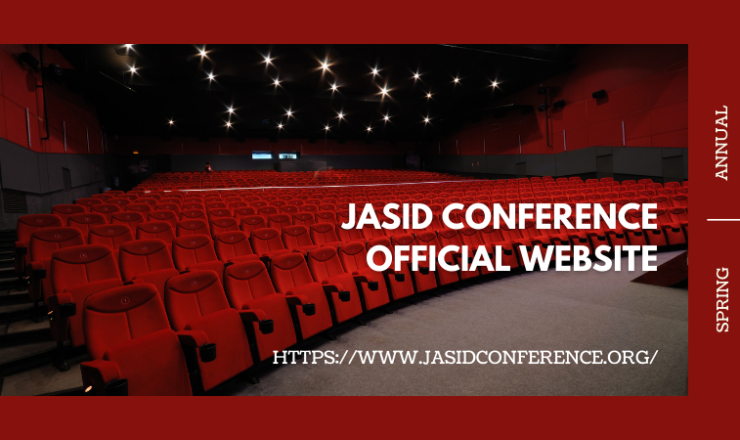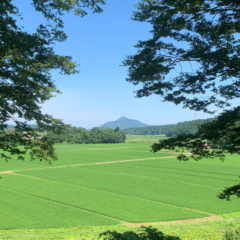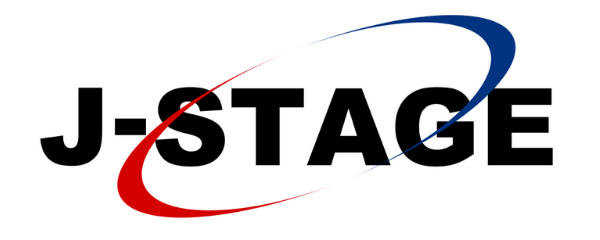25th JASID Spring Conference: Summary
Summary 25th JASID Spring Conference was held on 15 June (Saturday) at Utsunomiya University’s Mine Campus, Utsunomiya University), followed by an excursion on 16 June (Sunday). The theme was “Realizing International Cooperation and Interactive Co-creation in Local Context Global & Glocal Human Resource Development.” This event focused on the practical aspects of international cooperation and co-creation, with an emphasis on both global and local (glocal) human resource development. At Utsunomiya University, we are practicing...
Exploring the Global Refrom Scripts of Development Partners: Comparative Retrospective Analyses
Kobe University’s Graduate School of International Cooperation Studies will co-host a hybrid symposium “Exploring the Global Reform Scripts of Development Partners: Comparative Retrospective Analyses” in collaboration with KIX EMAP Hub, Teachers College, olumbia University, and the UNESCO chair at the Geneva Graduate Institute. ◇Date and time:May 9, 2024 (Thu) 10:00~12:00 (JST, UTC: +9:00) ◇Onsite Venue: Main Conference Room, 1st Floor, Graduate School of International Cooperation Studies (GSICS, Building V), Rokkodai 1st Campus, Kobe University...
Join Now – JICE Writers’ Workshop
We, CICE at Hiroshima University, are holding a Writers’ Workshop for researchers who wish to submit their paper to Volume 27 (to be published in 2025) of Journal of International Cooperation in Education (JICE). The workshop will consist of two sessions. In the 1st session, the participants will present abstracts of their prospective papers within 10 minutes. Following these presentations, the editors of JICE and other participants will provide feedback. The participants are encouraged...
The 25th JASID Spring Conference
Realizing International Cooperation and Interactive Co-creation in Local Context; Global & Glocal Human Resource Development We are excited to announce the 25th Spring Conference of the Japan Society for International Development (JASID), scheduled to be held at Utsunomiya University in Tochigi Prefecture. The theme is “Realizing International Cooperation and Interactive Co-creation in Local Context Global & Glocal Human Resource Development.” This event will focus on the practical aspects of international cooperation and co-creation, with...
[RG24-5] Bridging Theory and Practice in Educational Development
This research group aims to reimagine the field of International Educational Development by bridging theory and practice. It intends to do two main activities: 1) facilitating a series of dialogue between next generation scholars and practitioners in this field to better understand each other; and 2) proposing new image of the field through collaborative explorations of the past and current experiences. The research team has already launched an informal study group last year, where...
JASID Kansai Branch “The 168th Study Session (Seminar)” Nov. 22
JASID Kansai Branch will host the following seminar. We welcome everyone to participate, and feel free to contact us for the Zoom link. Summary Date/Time: November 22, 2023, 14:00 to 16:00 Language: English Venue: Kobe University’s Graduate School of International Cooperation Studies (GSICS), 4th Floor Presentation Room & Zoom Topic 1: Recent Reforms in Teacher Development in Cambodia Speaker 1: Dr. Sam Sideth Dy, Secretary-General of the National Committee for Life-Long Learning/ Deputy Director-General...
The 23rd JASID Spring Conference
【The 2nd Announcement】 We received many applications for our conference this year. All the applications were reviewed at the Conference Organization Committee on March. 27, and all the decisions were sent to the applicants. We would like to ask the applicants to confirm it. Seventeen sessions (community, education, children, development, NGO, SDGs, disaster, environment, society/economy etc.) will be held at the 23rd JASID Spring Conference: three organized sessions, seven roundtables, seven oral presentation sessions,...
About the 23rd JASID Spring Conference 【The 2nd Announcement】
We received many applications for our conference this year. All the applications were reviewed at the Conference Organization Committee on March. 27, and all the decisions were sent to the applicants. We would like to ask the applicants to confirm it. Seventeen sessions (community, education, children, development, NGO, SDGs, disaster, environment, society/economy etc.) will be held at the 23rd JASID Spring Conference: three organized sessions, seven roundtables, seven oral presentation sessions, together with a...
[RG22-1] Manufacturing in Africa and Asia
This study group will focus on how people in developing countries with low incomes, such as those in Africa and Asia, are involved in manufacturing in a broad sense, acquire skills, utilize them, and fabricate their lives. This study is aimed at exploring these issues based on empirical cases as much as possible, while taking into account the theoretical backgrounds or labor and educational studies. In the past, Japanese academic research in particular have...
The 32nd JASID Annual Conference (#3)
We received many applications for our conference this year. All the applications were reviewed at the Conference Organization Committee on Sep. 22, and all the decisions were sent to the applicants. We would like to ask the applicants to confirm it. Twenty-nine sessions (education, medicine, health, agriculture, disaster reconstruction, COVID-19, civil society, and peace etc.) will be held at the 32nd JASID Annual Conference: six organized sessions, nine roundtables, fourteen oral presentation sessions, and...
[RG21-4] Resilience of Development and SDGs
The former research division named JASID-SDGs has finished its activity in success to examine “Transformation of the world: the 2030 agenda for sustainable development”, including sustainable development and “sustainable development targets (SDGs)” based on multi-disciplinary academic perspectives, as a leading academic society for international development and cooperation. The newly formed research group will inherit the result and network of JASID-SDGs and additionally, it will consider the concept of resilience as the significance topic of...
[RG19-1] Migration and Development
The research group aims to analyze the impacts of migration on the economic and human development in their home countries and destinations. Migration, both within and beyond national borders, is a broad concept that encompasses refugees or internally displaced persons of conflicts and natural disasters as well as those who move to seek opportunities of employment, education, or marriage at their own will. The impacts of migration have been discussed mostly in terms of...
[RG19-2] Internal Internationalization Study
The purpose of this study group is to define “internal internationalization” in terms of employment, education, health-care and community. We aim to achieve this via field work, public lectures and symposium, in a collaborative effort throughout the industry-academia-government network. This network consists of private companies, research institutions, schools, the public sector, and civil societies. In addition, we intend to disseminate our research and insights to the general public, not only to JASID members. “Internal...








![開発のレジリエンスとSDGs [FY2021-]](https://jasid.org/wp/wp-content/uploads/2021/04/rersearch-groups-eye-8-740x440.png)


![社会課題解決のための開発とイノベーション [FY2022-]](https://jasid.org/wp/wp-content/uploads/2021/11/eye-Solving-Social-Problems-240x240.png)





